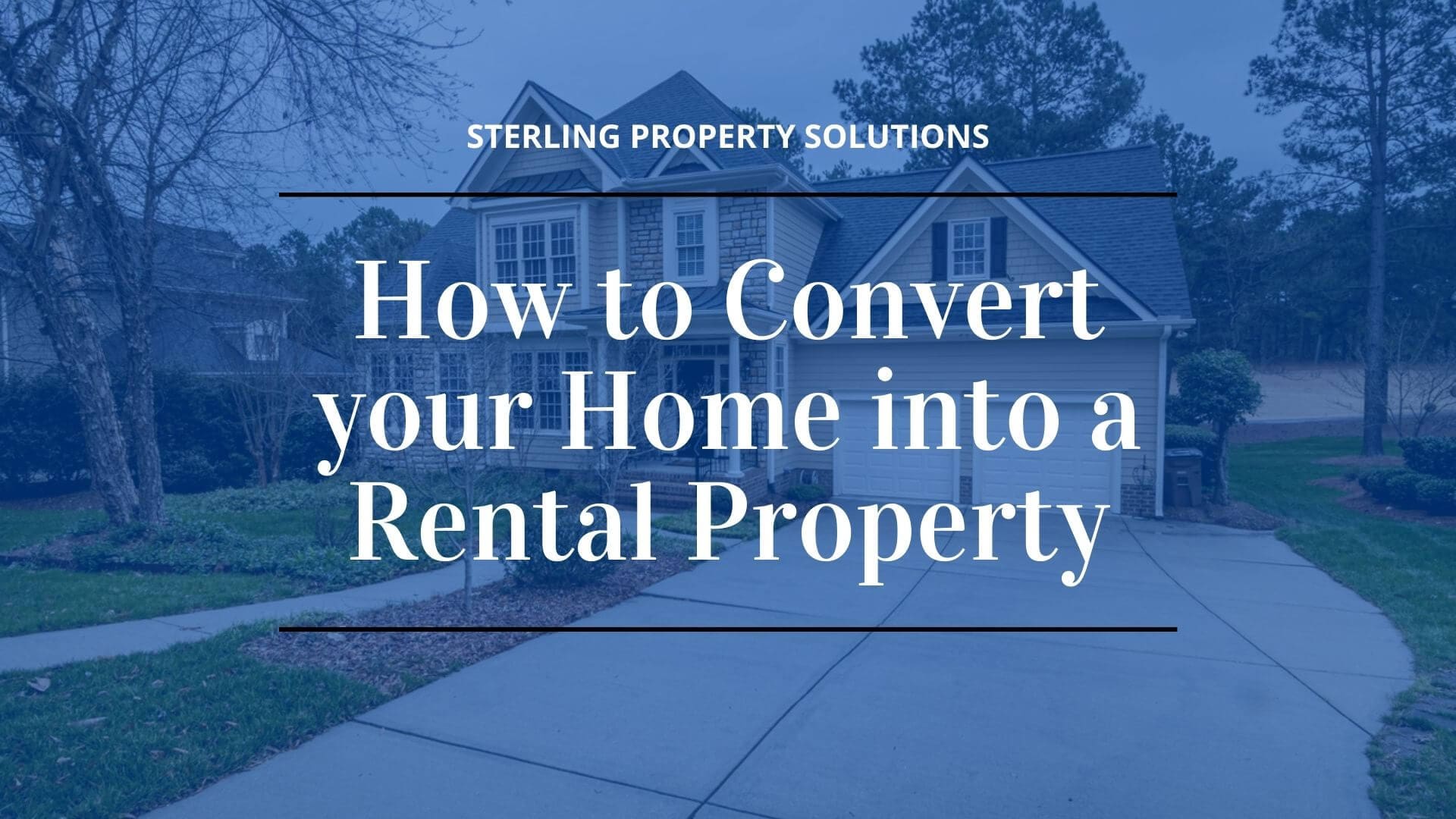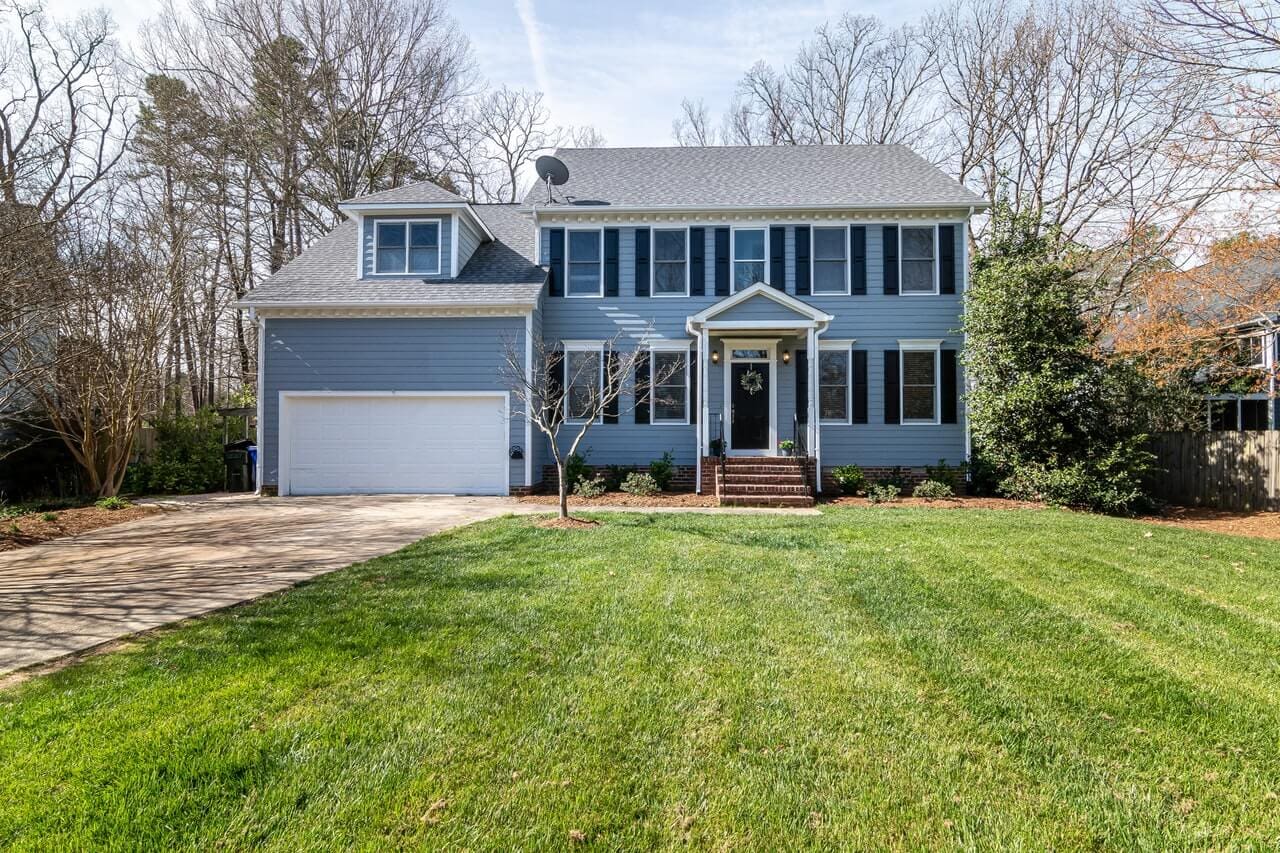How to Convert your Home into a Rental Property
A great way to generate passive income is by owning a rental property. If you already have a property that you do not use or live in, turning it into a rental property is a great investment. Once you decide to do this, there are several steps to follow to make the process as easy as possible. Keep reading for a guide to converting a property into a rental.
1. Check your mortgage options.
If you’re planning to mortgage a rental property, make sure you do the proper research beforehand. Evaluate your financial situation and make sure that you’ll be able to make your mortgage payments.
If rental vacancies probably won’t be a problem for you then it’s safe to assume that you’ll have an additional income to help you make your mortgage payments. However, it’s best to check if you can comply with the lender’s requirements first. Some lenders prefer that you have proof of a borrower’s finances before they approve the mortgage loan.
Also, take note that if you rely too much on your potential side income, you may not be able to make ends meet if a situation arises. For example, if a tenant leaves before their tenancy ends, if you have to pay for repairs and maintenance, or if you have to evict a problem tenant. These are all situations to consider before you take out your mortgage loan.
2. Mind the mortgage conditions.
If your current property is under a mortgage, there are certain conditions you need to fulfill before you can convert it into a rental unit. Investing in a residential home requires that you live in it for a year or so. The mortgage rates offered are generally lower than an investment property. The down payment is also considerably lower.
It’s essential that you’re aware of the mortgage conditions so that your conversion of the property into a rental space is legal. Otherwise, you may face legal consequences for fraud. Carefully review and check the details of your conditions or consult your financial lender to ensure your decision is appropriate. Avoid conducting property upgrades without taking this first step to ensure you don’t face any losses.
3. Change your insurance policy.
You must also take into consideration your insurance policy if you plan to rent out your property. There’s a big difference between residential home insurance and rental home insurance. It’s important that you have the correct insurance to protect your assets.
Landlord insurance provides landlords with property and liability protection. When choosing the right policy for you, you want to make sure you have coverage in 3 crucial areas. First, you should be protected in terms of property damage should calamities occur.
Second, you should also be shielded from rental income loss in case there are unexpected vacancies due to issues such as pest infestation. Lastly, find an insurance that will safeguard you from liability when it comes to tenants suffering from an injury sustained in your property.
4. Perform property changes.
If you want to increase your property’s value and attract tenants to your rental unit, it’s time to make some changes to your property. First, you’ll want to improve the look of your home by enhancing your curb appeal. Plan a budget for a fresh coat of paint and landscaping, to ensure prospective tenants like the look of your property.
Inside, your rental should also look tidy and presentable. Avoid having a lot of clutter and make sure you conduct any necessary repairs. Potential renters can easily spot minor details that will make or break their decision to rent. This will help your rental stay competitive on the market.
5. Study how to be a landlord.
While in theory, being a landlord may sound easy and a great way to generate passive income while working your own hours, in reality, it requires a lot of responsibility. You need to take care of your rental property and make sure your tenants are happy enough to renew their leases. Apart from this, you also have to attract quality tenants and have an efficient rent collection system.
Most importantly, you need to have a thorough knowledge of the landlord-tenant laws including things like security deposits and evictions. This will help prevent you from running into timely and costly legal issues. Therefore, before renting out your property, you’ll want to have taken the time to study and prepare for being a landlord.
6. Hire a property manager.
Before converting your property into a rental, figure out if you have the extra time in your schedule to be a full-time landlord. If it’s not your top priority or you have too much going on, you should hire an experienced and professional property manager. That way you can focus on other aspects of your life without worrying about the state of your property.
Property managers are well versed in state laws and regulations, which will protect you from potential legal issues. They’re also skilled in property marketing, tenant screening, and rent collection practices. All of this will help you find more success with your rental.
Conclusion
Before converting your property into a rental, you want to make sure you’re prepared financially. Take the time to look over your financial situation and determine how to make the best decision for yourself.
You may also want to consider hiring a professional property manager, such as Sterling Property Solutions. We can handle property maintenance, tenant complaints, and rent collection for you so that you have peace of mind when it comes to your property. Contact us by calling (914) 355 3277 to get started with our services today.




